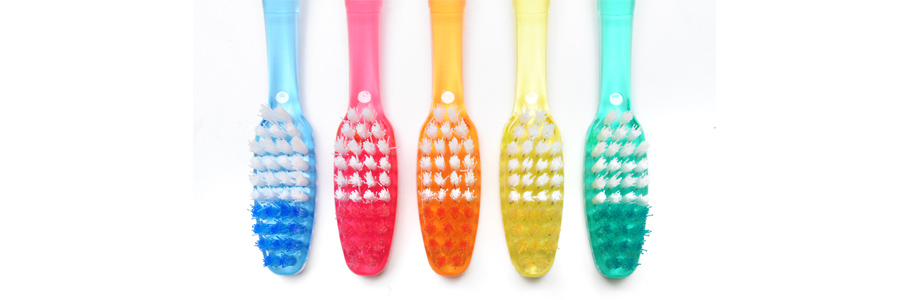TOOTH decay in schoolchildren can be halved if they brush their teeth twice a day, according to researchers.
A study carried out on children in Dundee and Perth found that tooth decay can be reduced dramatically through brushing twice daily with a fluoride toothpaste.
A study in Scotland found that brushing twice daily with a flouride toothpaste reduced tooth decay dramatically. Researchers Dr Cynthia Pine and Morag Curnow found that children in specially-encouraged “brushing classes” had 56% less tooth decay.
The greatest improvement was shown in children who usually brushed only once a day at home. The aim of the study was to determine whether supervised toothbrushing at school with a fluoride toothpaste and an incentive scheme for twice-daily brushing at home would reduce tooth decay.
Dr Pine said: “These findings are extremely encouraging. The dental health of Scottish children has shown little improvement over the last 10 years. “Half of the five-year-old children starting school in Scotland have experienced tooth decay.
“Children who are at higher risk tend to live in more disadvantaged communities, eat more sugary foods and drinks and brush their teeth less often.
Dental health gap
“While dietary factors remain important for improving dental and general health, research has shown that, in nearly all countries, the major reason for the decline in tooth decay in children was the introduction and regular use of fluoride toothpaste.
“Establishing twice daily toothbrushing with a fluoride toothpaste has the potential to close the dental health gap between advantaged and disadvantaged communities.”
Health Minister Susan Deacon announced last month that children and infants in deprived areas will be given free toothbrushes and toothpaste.
The measures will also feature fissure sealant programmes for children in poorer areas and short-term funding for local dental initiatives and practice improvements.
A survey of nearly 7,000 children by Scotland’s 15 health boards between November 1999 and January this year found more than half were suffering from tooth decay.


